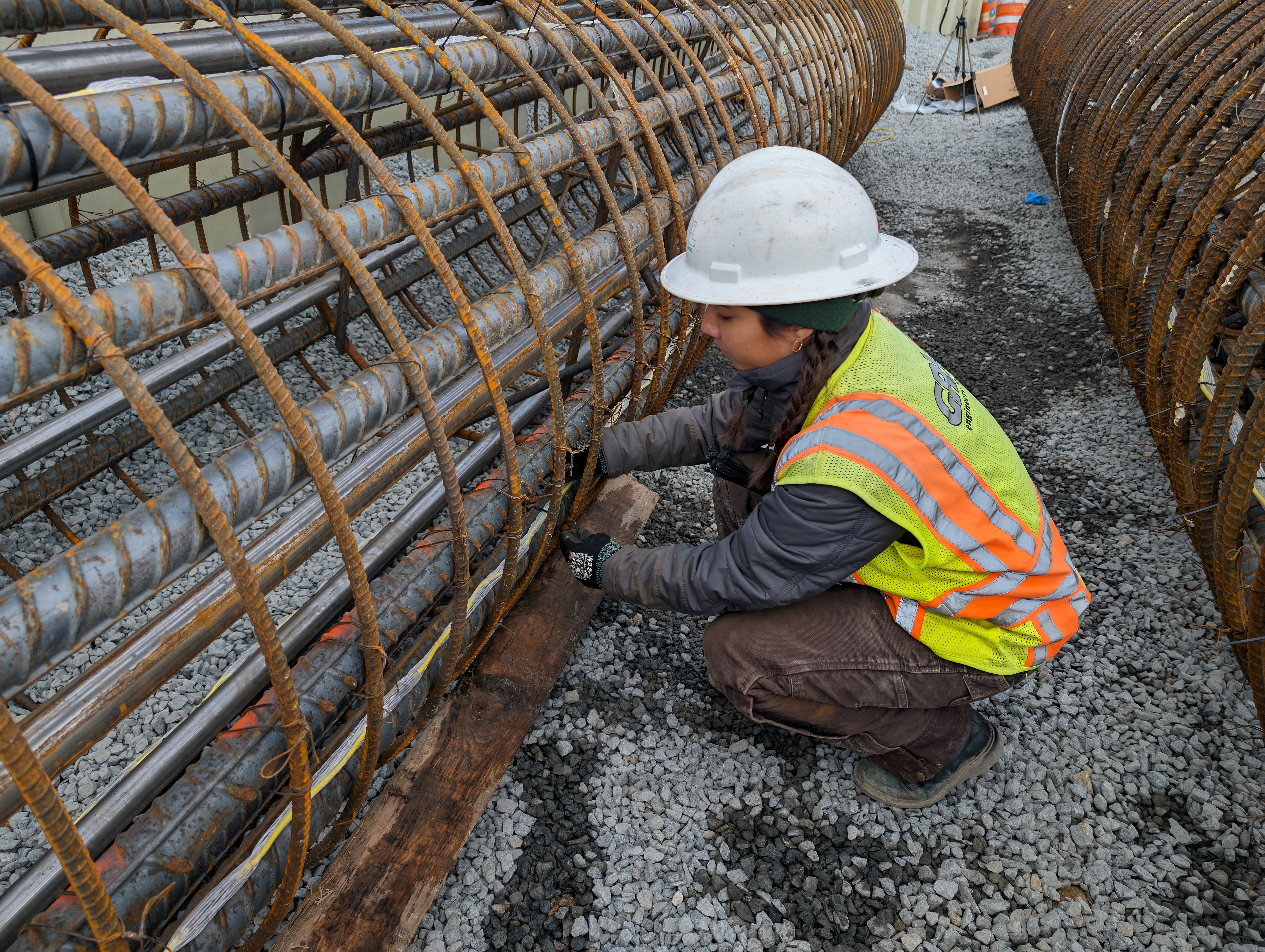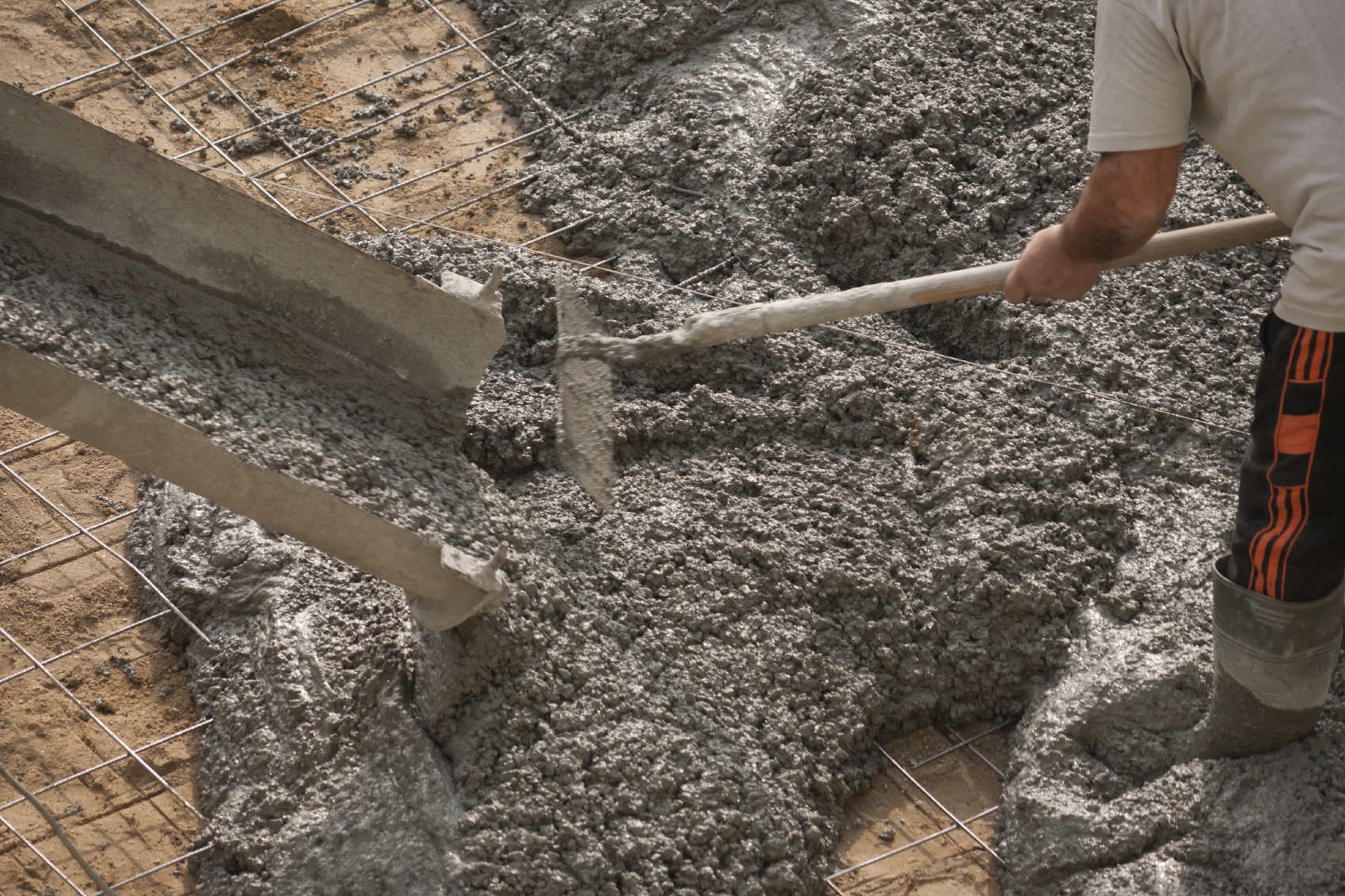Recognizing the Different Applications of General Engineering Concrete in Diverse Industries
When you consider the numerous ways general engineering concrete effects numerous sectors, you'll find its applications are both broad and important. From supplying strong foundations for transportation networks to sustaining cutting-edge energy options, this product plays a vital role in shaping our framework. What regarding its impact on urban advancement and ecological design? Discovering these aspects can reveal far more than you could anticipate.
The Duty of Concrete in Building and Building Projects
Concrete plays a vital duty in building and structure projects, making up around 70% of all materials used in modern-day frameworks. You'll find it in foundations, wall surfaces, and floorings, offering strength and sturdiness. When you choose concrete, you're choosing a product that can withstand weather, withstand fire, and support heavy lots. Its versatility enables various applications, from domestic homes to imposing skyscrapers.Mixing concrete with additives can enhance its residential properties, enhancing workability and establishing times. You can additionally mold it right into various shapes, enabling imagination in design. As you deal with your jobs, think about the ecological benefits of using concrete, such as its capability to lower power usage in structures. On the whole, concrete's dependability and adaptability make it a keystone of the building and construction sector, making sure that structures are not only functional however additionally secure and durable.
Infrastructure Growth: Roads, Bridges, and Tunnels
When it concerns facilities growth, roads, bridges, and passages are important components that attach neighborhoods and help with transport. You rely upon these structures daily, whether you're commuting to function or traveling lengthy ranges. General design concrete plays an important duty in their building and resilience. Its toughness and flexibility enable engineers to make robust roadways that endure rush hour and harsh climate conditions.Bridges, usually spanning rivers and valleys, call for particularly developed concrete to guarantee security and durability. Making use of reinforced concrete in tunnel building not only supports significant weight yet also enhances resistance against water seepage and ground motion.

Concrete in Transportation: Enhancing Mobility and Safety
As you browse via busy cities and rural roadways, the function of concrete in transportation comes to be noticeable, greatly enhancing both mobility and safety. Concrete's toughness guarantees that roadways, runways, and bridges endure rush hour and extreme weather. This longevity lessens the demand for constant repair services, keeping your journeys smooth and reliable.In enhancement, the style adaptability of concrete enables cutting-edge structures like walkways and passages, which efficiently minimize congestion and boost traffic flow. You'll discover that concrete surface areas likewise offer far better grip, reducing the possibility of crashes in damp conditions.Moreover, using concrete in railways helps preserve stability and safety for trains, making your travels extra reliable. In general, concrete's payments to transport not only improve your movement however additionally considerably bolster public safety, showing its necessary role in the framework you rely on day-to-day.

Energy Sector Applications: From Power Plants to Renewable Energy
In the energy industry, concrete plays a significant role in the construction and operation of power plants and renewable power installments. You'll discover it vital for developing durable foundations, supports, and containment structures that stand up to extreme conditions. In thermal nuclear power plant, reinforced concrete structures assure safety and security and durability against heats and pressure. West Coast General Engineering industrial concrete.When it concerns renewable power, concrete is important for wind turbine bases, photovoltaic panel places, and hydroelectric dams. It supplies the security needed to harness power efficiently. You may not realize it, but the concrete made use of in these applications is particularly formulated to satisfy certain efficiency requirements, like sturdiness and resistance to ecological elements
Innovative Concrete Solutions in Environmental Engineering

The Effect of Concrete on Urban Advancement and Landscaping
Concrete plays a vital function in shaping urban advancement and landscaping, influencing every little thing from facilities toughness to visual appeal. When you think about cityscapes, concrete structures like bridges, roadways, and structures enter your mind, providing a durable foundation for urban life. You'll notice just how well-designed concrete paths and plazas improve public areas, making them more welcoming and functional.In landscape design, concrete deals convenience, enabling creative styles for patios, keeping wall surfaces, and attractive features. You can produce unique outside areas that mix seamlessly with nature while maintaining architectural stability. Additionally, concrete's ability to stand up to weather condition extremes warranties longevity, lowering the requirement for frequent repairs.
Future Fads and Advancements in General Design Concrete
As urban landscapes advance, the demand for ingenious concrete solutions is driving developments in basic design. You'll notice trends leaning towards green materials and sustainable methods. Researchers are concentrating on developing high-performance concrete that reduces environmental impact without giving up strength.Next-gen additives and blends, like recycled aggregates and bio-based products, are obtaining traction, enhancing longevity and lowering carbon impacts. Smart concrete innovation is also arising, incorporating sensors that monitor architectural health in real-time, enabling aggressive maintenance.You may discover that 3D printing with concrete is ending up being more practical, allowing complicated styles and faster construction timelines. Additionally, the integration of self-healing concrete gets on the surge, making sure long life and minimizing repair work prices.
Frequently Asked Inquiries
What Are the Environmental Effects of Concrete Production?
Concrete manufacturing produces considerable carbon emissions, takes in water, and diminishes natural resources. You can minimize these impacts by exploring sustainable alternatives, optimizing mix designs, and including recycled products to minimize your ecological footprint and enhance sustainability.
How Does Concrete Compare to Other Building Materials?
Concrete's longevity and stamina commonly outperform materials like wood and steel. It's versatile, cost-effective, and energy-efficient, but its ecological effect can be significant. You'll wish to evaluate these aspects when selecting structure products.
What Are the Different Kinds Of Concrete Available?
There're a number of kinds of concrete available, consisting of criterion, reinforced, high-strength, light-weight, and attractive. Each type offers particular objectives, so you can choose the one that best fits your project's requirements and needs.
Exactly How Is Concrete Recycled and Reused in Building?
You can reuse concrete by crushing it into accumulation, which you after that recycle in new West Coast General Engineering commercial concrete Rancho Cucamonga building jobs (West Coast General Engineering concrete foundation Rancho Cucamonga). This process minimizes waste, decreases prices, and lessens the environmental impact of sourcing new materials for your builds
What Safety And Security Measures Are Needed When Functioning With Concrete?
When dealing with concrete, you need to put on safety gear, like handwear covers and goggles, assurance proper air flow, and use secure training techniques. Constantly comply with security guidelines to avoid injuries and maintain a safe workplace.